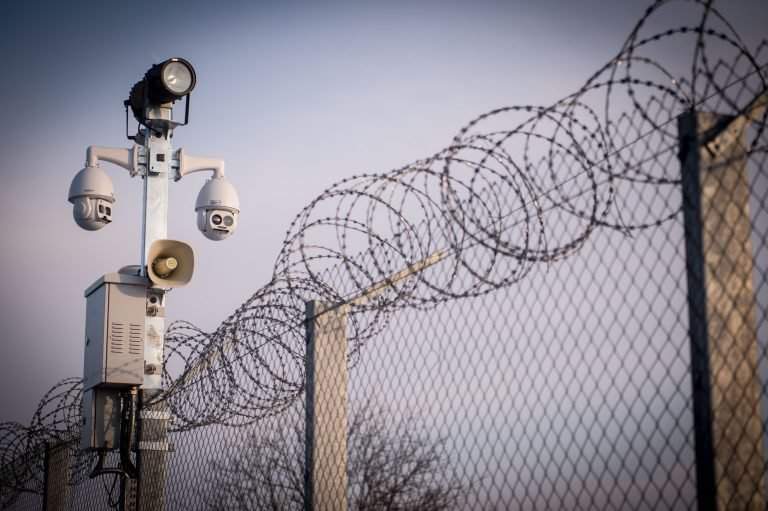Schengen
Hungary’s justice minister: EU’s external border must be strengthened

Migration pressure steady on EU, says Orbán’s security advisor

Hungarian Interior Minister: Conditions are securely available to manage migration situation

French national assembly member praises Hungary for Schengen border protection

Pressure of migration remains high at Hungary-Serbia border, says Orbán’s security advisor

Die Welt’s interview with Hungarian foreign minister: Schengen must survive!

Fugitive terror suspects arrested on Hungary’s border

Jobbik repeats call for stand-alone border guard force

Oath ceremony of the first officers of a new border protection force in Hungary

Orbán’s security advisor: The migration situation could worsen in 2017

Orbán’s chief security advisor: Intensity of migration diminished in 2016

Defence minister: Hungarian Defence Forces have excellently accomplished the border protection tasks

Hungarian PM: Ukraine should get EU visa waiver immediately

EU leaders summit – Orbán: All hinges on closing the borders

Orbán’s advisor: International cooperation is needed to prevent another migration wave

Hungarian police unit departs to help patrol Serbian-Bulgarian border

47 migrants captured in Ásotthalom on Friday night

Mysterious illness affecting police officers in South Hungary





 ZH
ZH IT
IT DE
DE HR
HR NL
NL FR
FR JA
JA RO
RO RU
RU ES
ES TR
TR
